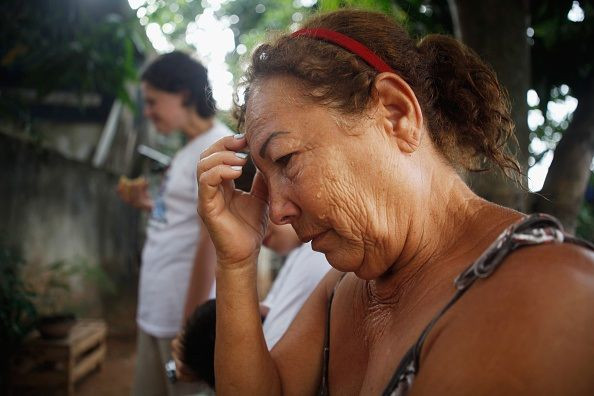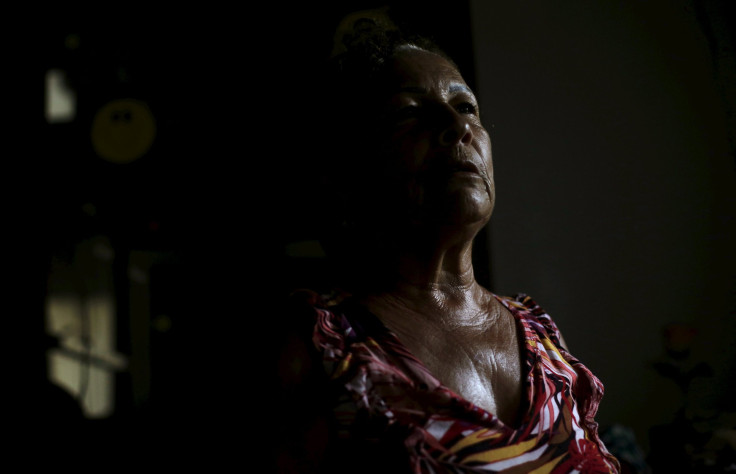Video: Olympic Construction Amplifies Zika Threat In Brazil

Families near the Olympic Park site in Brazil say they struggle with risk of Zika and dengue due to waterholes left by construction work. Katie Sargent reports.
Video Transcript:
This shack with the Brazilian flag flying above it is one of the few homes still standing in the Vila Autodromo community in Rio de Janeiro.
Most of the rest have been torn down to make way for the Olympic Park.
This man named Marcio says the construction work has left dirty pools of standing water -- a perfect breeding ground for mosquitos.
The community is struggling with several cases of mosquito-borne Zika and dengue fever.
Marcio says his 6-year-old son is among the dengue victims.
"The city government is responsible for the dengue proliferation, having drilled holes and made ditches where water accumulates, and they do not treat the water ditches they have made."
Mariza do Amor Divino doesn't live in Vila Autodromo anymore. Her house was torn down. But before it was she contracted the Zika virus.
With the Olympic games less than six months away, she's imploring the government to do more for locals and visitors alike.
"I do not wish on anybody what I went through, it was horrible," she said. "Nobody deserves to come here from abroad, athletes to come here and to go through that, for the love of God."
The Brazilian government has spent millions on mosquito eradication efforts but residents of Vilo Autodromo who are resisting relocation say the operation has not reached their community.

© Copyright Thomson Reuters {{Year}}. All rights reserved.





















